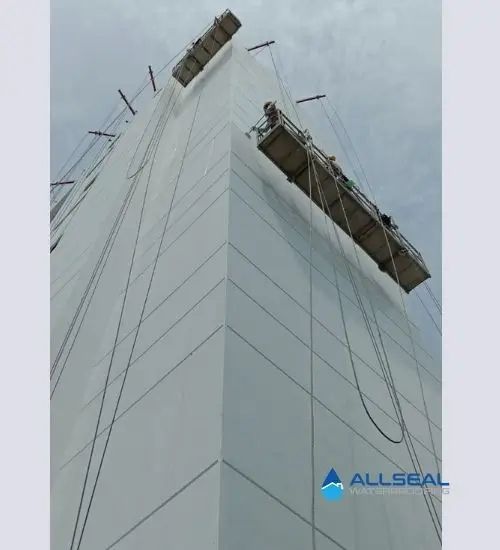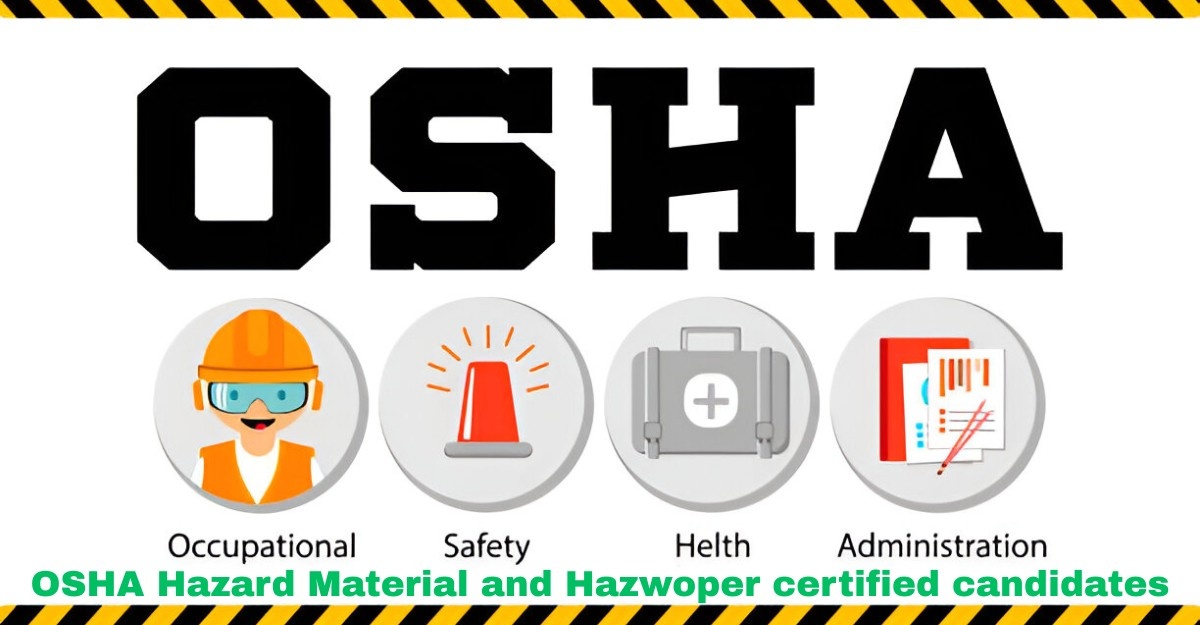Condo Waterproofing in Singapore: What Residents Need to Know

Strong 8k brings an ultra-HD IPTV experience to your living room and your pocket.
Waterproofing is a must for condo residents in Singapore. With the humid climate and heavy rain, water can cause damage fast. If waterproofing fails, it leads to property issues, mold growth, and expensive repairs. Understanding the basics helps you protect your home and keep costs down. Regular maintenance and knowing when to get professional help can save your condo from costly issues.
Understanding Condo Waterproofing in Singapore
What Is Waterproofing and Why Is It Essential?
Waterproofing is a process that keeps water out of your condo’s structure. It creates a barrier to prevent water from seeping into walls, floors, and ceilings. Without proper waterproofing, moisture can cause paint to peel, mold to grow, and even weaken the building’s strength. Since Singapore has frequent heavy rain and high humidity, waterproofing becomes vital in preserving your condo’s condition.
Common Waterproofing Areas in Condominiums
Certain parts of your condo are more vulnerable to water problems:
- Roof terraces and balconies: Exposure to rain and sun demands durable protection.
- Basement car parks: Constant moisture can weaken underground structures.
- Walls and building facade: Keeps rainwater from seeping indoors.
- Toilets and bathrooms: Humid spaces prone to leaks and water damage.
- Utility rooms and service areas: High moisture levels can cause corrosion and mold.
Types of Waterproofing Systems Used
- Liquid membrane waterproofing: Applied as a paint or coating, common types include polyurethane and acrylic.
- Sheet membrane waterproofing: Uses pre-made sheets like bituminous membranes.
- Cementitious waterproofing: A cement-based mix ideal for below-grade surfaces.
Choosing the right system depends on the location and exposure to weather conditions.
Signs of Waterproofing Problems in Condos
Visible Indicators of Waterproofing Failure
- Water stains or damp patches on walls and ceilings.
- Peeling paint or wallpaper, especially in bathrooms or balconies.
- Mold or mildew growing in corners or on surfaces.
- Cracks or bubbles in waterproof layers, showing wear or damage.
Hidden Warning Signs
- Unexplained rise in water bills, hinting at leaks.
- Damp odors in confined spaces like storerooms.
- Cracks or movement in walls during routine inspections.
The Importance of Timely Inspection and Diagnosis
Early inspection can catch problems before they turn into costly repairs. Routine condo maintenance should include waterproofing checks. Addressing issues promptly keeps water damage at bay and maintains the condo’s value.
Maintenance and Prevention Tips for Residents
Regular Inspection and Cleaning
- Schedule yearly inspections of balconies and critical areas.
- Remove debris from gutters and drainage outlets.
- Keep balcony drains clear to avoid water pooling.
Proper Usage and Care
- Avoid heavy items on balcony floors to prevent stress on waterproof layers.
- Use waterproof mats or sealants in vulnerable spots.
- Ventilate bathrooms and utility rooms to prevent mold.
When and How to Engage Waterproofing Professionals
When signs of damage show, call licensed waterproofing specialists. Experts can diagnose hidden issues and recommend repairs. Ask contractors about their certifications, experience, and warranties before hiring.
Cost and Regulations Related to Waterproofing in Singapore
Typical Costs for Waterproofing Projects
Costs depend on size, system type, and extent of damage. Smaller repairs may cost a few hundred dollars. Complete waterproofing for large areas could run into thousands. Generally, budget $500 to $10,000 for comprehensive waterproofing in condos.
Regulations and Standards for Waterproofing
Singapore has strict rules to ensure waterproofing quality. The Building and Construction Authority (BCA) mandates standards for waterproofing work. Contractors must provide warranties and certification for their work. Strata management teams oversee proper maintenance for shared spaces.
Case Studies and Real-World Examples
A condo in Singapore recently upgraded its aging roof terrace with a liquid membrane system. The project lasted two weeks and cost around $15,000. Afterward, no more leaks occurred, saving thousands in future repairs.
In contrast, neglecting early leaks led to water damage in one condo, causing mold and structural issues. Experts suggest regular inspections and using quality waterproofing systems to avoid similar problems. Learning from failures emphasizes the importance of proper waterproofing methods and maintenance.
Conclusion
Waterproofing is key to a safe, healthy condo environment. Regular checks, proper maintenance, and professional help are your best tools. Protect your investment by staying informed about waterproofing standards. Keep your home dry and damage-free with simple steps and expert advice.
Note: IndiBlogHub features both user-submitted and editorial content. We do not verify third-party contributions. Read our Disclaimer and Privacy Policyfor details.







